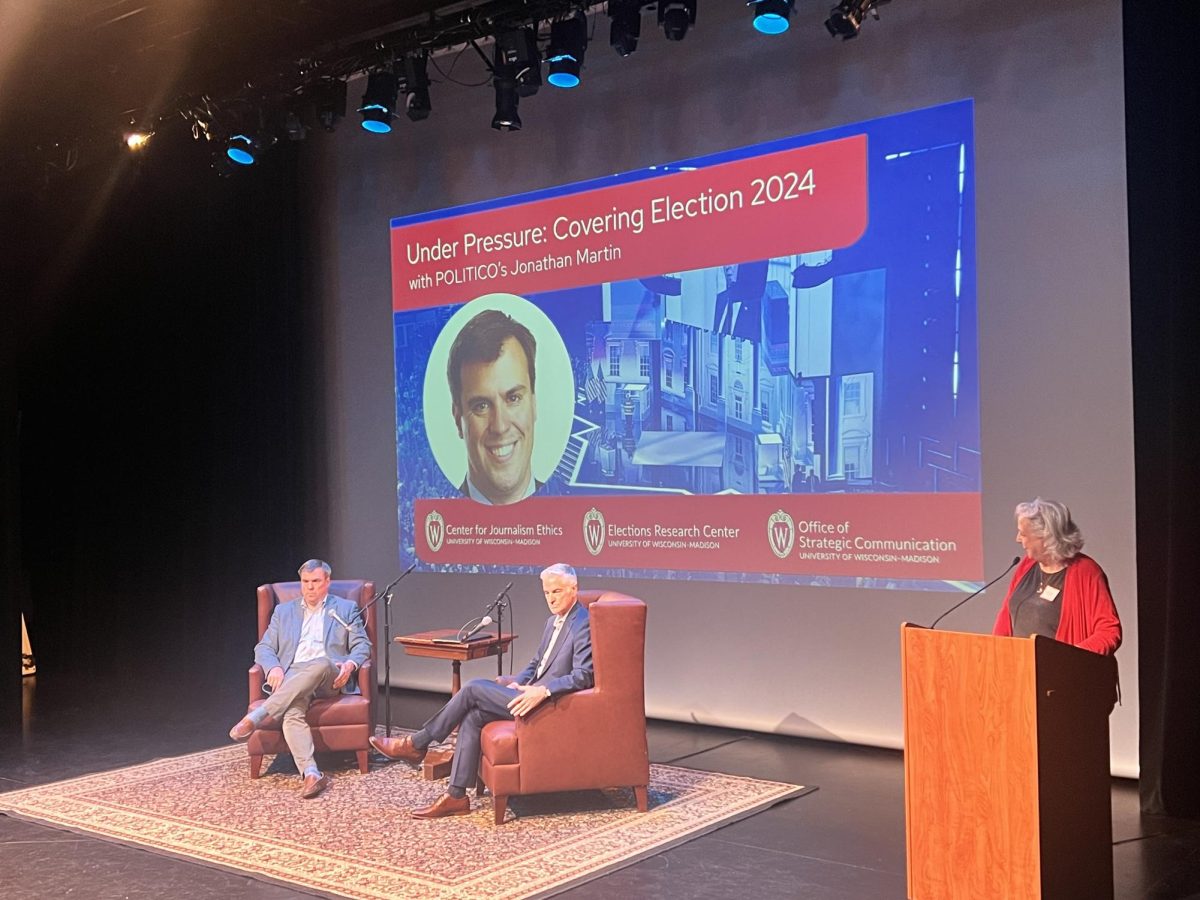Students and faculty gathered Monday to discuss the ethical issues surrounding the use of embryonic stem cells.
Norman Fost, UW-Madison professor of pediatrics and medical ethics, and Therese Lysaught, professor of religious studies at the University of Dayton, took opposing sides in the debate, which is the third and final in a series sponsored by the university.
Arguments revolved around the moral status of the embryo, federal funding and the history concerning human rights.
Fost argued embryos should not be given the same rights and considerations as human beings.
He acknowledged many people are morally opposed to common scientific use of embryonic stem cells, but that should not be used as a moral guide.
“Queasiness is a normal accompaniment to new technologies,” Fost said. “Sometimes it turns out to be based on a morally important reason that is durable, but often it’s not. Often it is discomfort about things that are new and they don’t understand.”
Lysaught took the other side and cautioned against categorizing humans.
Lysaught said many arguments that embryos are not human are as arbitrary as those historically categorizing groups of people as being less human.
“These arguments are strikingly similar to arguments made in history against African Americans, women, and a variety of others to deny equal rights,” Lysaught said. “It is very dangerous politically and socially to make distinctions between humans.”
Though most scientists agree embryos should be treated with respect, Fost said respect is an ambiguous term when the actual outcome for the embryo is death.
“As far as I can figure out, respect for embryos should mean they be used for stem-cell research only if there are no other alternatives,” Fost said. “They should not be used for trivial purposes but should have high standards for scientific justification, just as there is for human research.”
Both Lysaught and Fost agreed the term “therapeutic” is misleading to the general public because the use of stem cells to help people is only a goal for the distant future.
“Lots of people are ambiguous on this. They are torn because of the therapeutic promise,” Lysaught said. “The state of embryonic stem-cell research itself is far too primitive at this point to make the kind of therapeutic promises that have been made.”
Fost said the debate over federal funding, not the use of embryos themselves, has made stem cells controversial. He cited the general acceptance of technologies, such as in-vitro fertilization, which create and destroy thousands of embryos.
“The prospect of federal funding and pressure for federal funding made it a controversy,” Fost said. “This is a political issue.”







